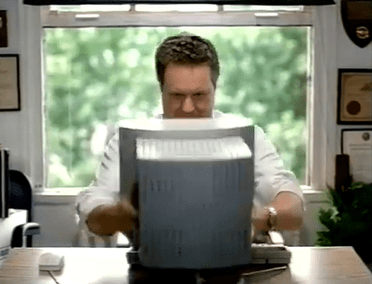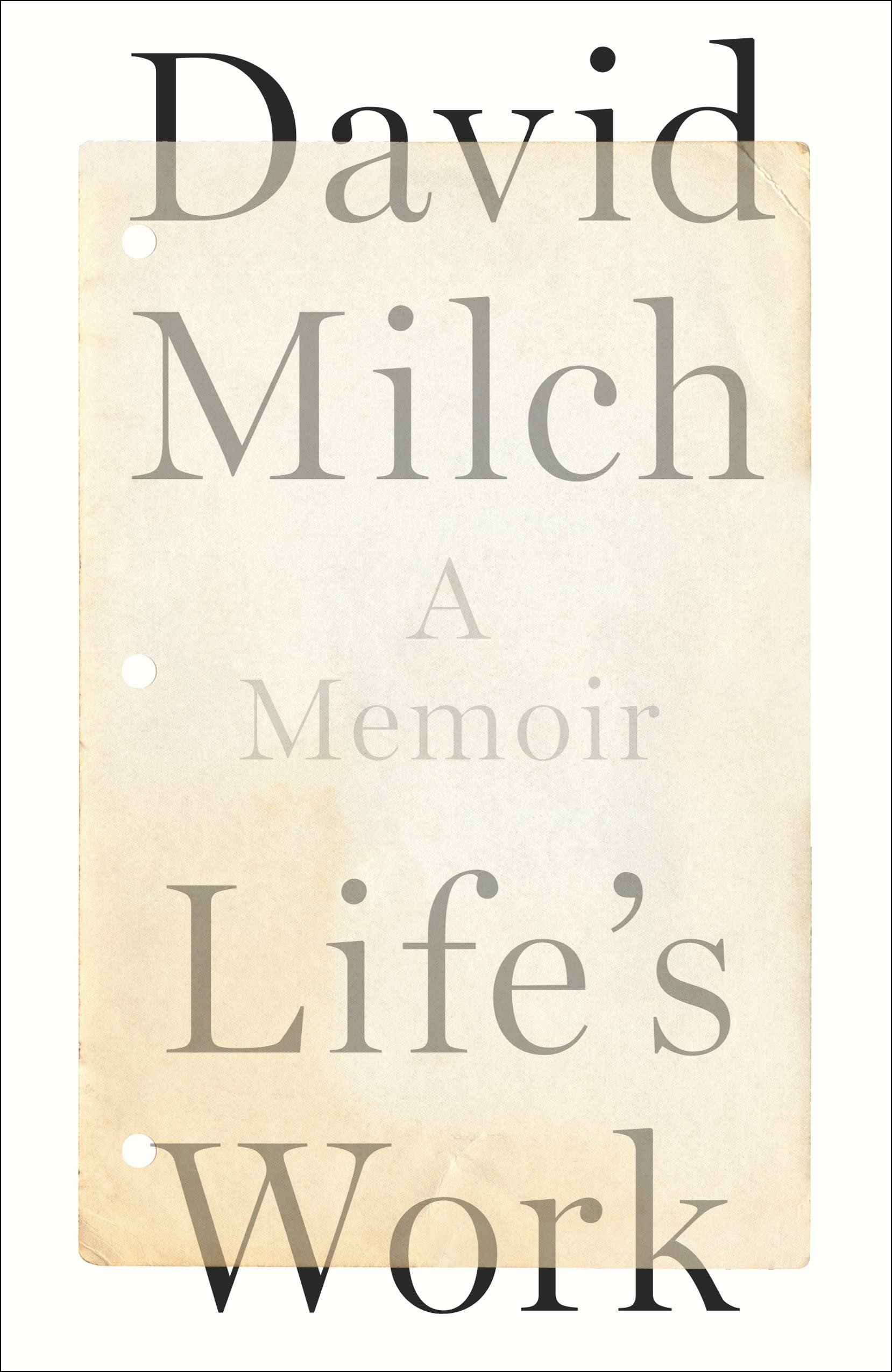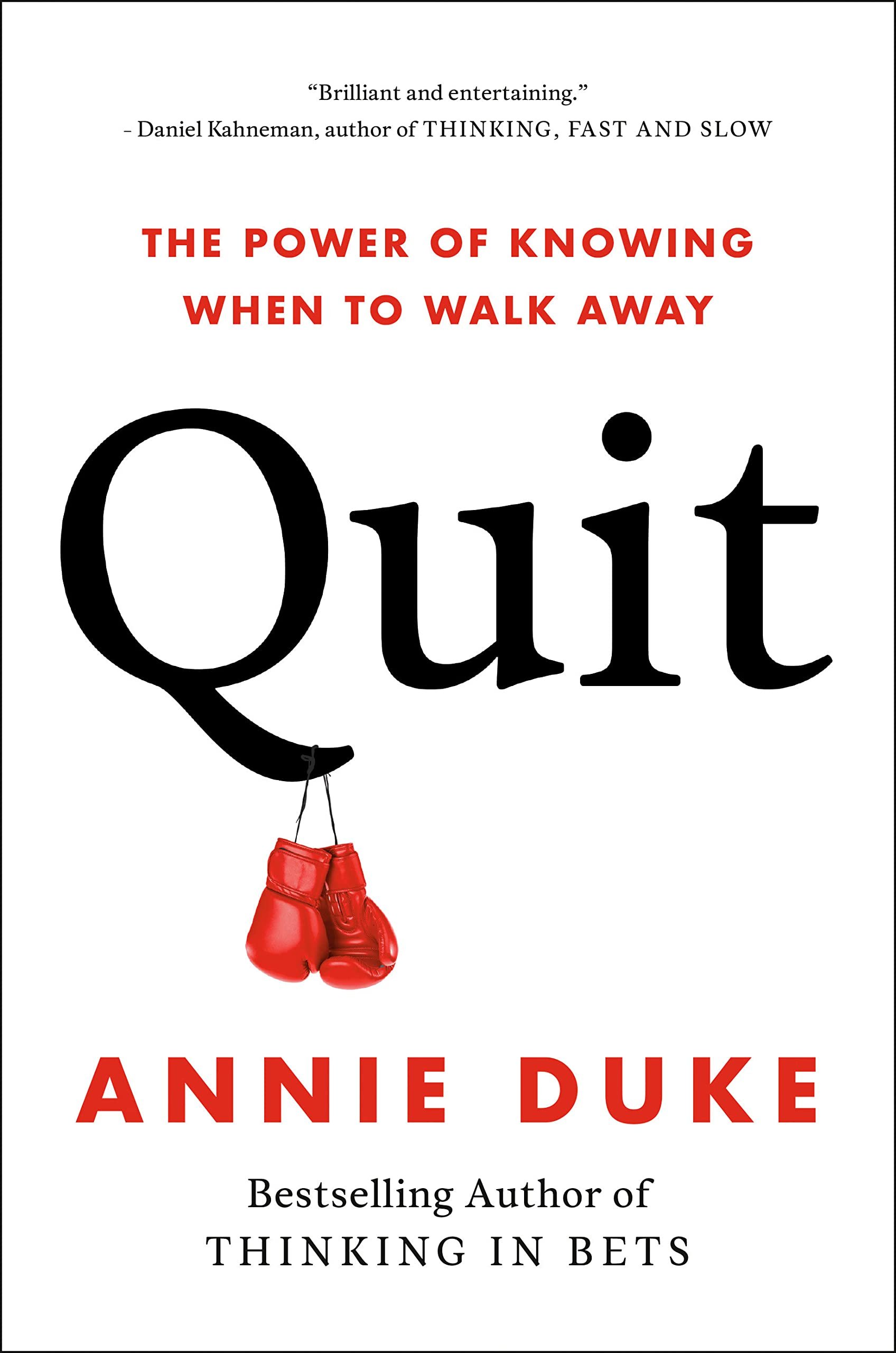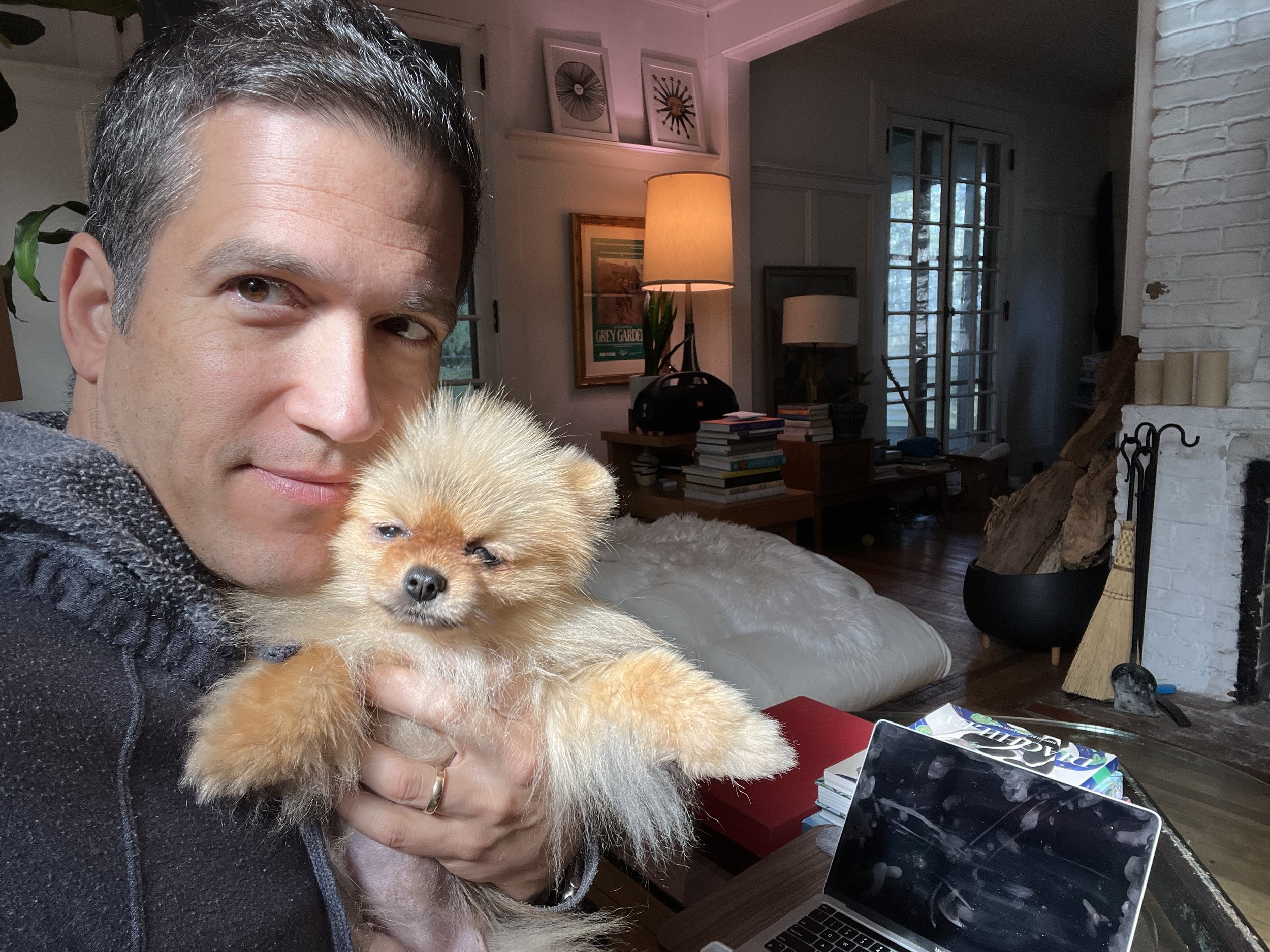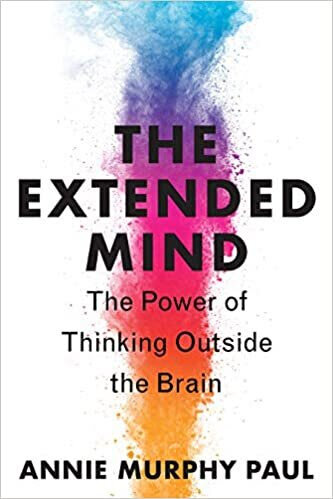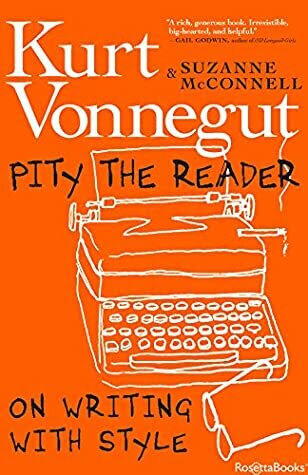Dear friends,
One morning last July, while I was eating breakfast with my thirteen-year-old son, Roman, at a little village taverna in southern Greece, he kept complaining about the bees that kept flying over to our table, drawn by the orange juice. “Can’t they stop the bugs from bothering us?” Roman asked, flinching as another insect buzzed past his face.
“There’s not much they can do,” I said. “We’re outdoors.”
“Can’t they, like, get a big net?”
“Do you want to eat inside of a big net?”
“Not really.”
“Just ignore the bees,” I said, and speared my feta and tomato omelette with a fork. “They’ll go away.”
With fledgling adolescent sullenness, Roman crossed his arms and glared at the flying, striped intruders.
My children love visiting Greece, but they also complain now and then that it’s not as convenient as life back in the U.S. The WIFI is erratic (as is the air conditioning); stores have brief, inscrutable hours; beach showers are freezing; you can’t flush toilet paper; waiters won’t bring you the check until you essentially beg them… a far cry from America, where convenience and speed are practically our birthrights.
I share this anecdote not to embarrass my son (Roman is actually super easygoing; his twin sister would have shrieked and sprinted from the table at the first sight of a bee) but because it came to mind last week when I was prepping to interview Susan Cain about her new book, Bittersweet: How Sorrow and Longing Make Us Whole.
During our conversation (which you can watch by clicking here or on the above image) Susan beautifully articulates how and why sad things can be so paradoxically uplifting. (Fun fact: according to a University of Michigan study, people whose favorite songs are happy listen to them about 175 times on average. Those who favor sad/bittersweet songs listen almost 800 times.)
While sadness and inconvenience are far from synonyms, it seems to me that there is a potentially related element in our American desire for convenience and comfort at all times. Thanks to technology, it’s only grown more pronounced; smartphone apps are designed so that we can more easily avoid feeling any discomfort for very long; we just click a button and instantly summon whatever we think is currently missing from our lives—entertainment, food, company. And yet some of my fondest memories are from when things were challenging, when something wasn’t easy. Sure, I’ve got lovely memories of vacations, but I’ve got just as many from pushing myself to reach an important goal.
This, of course, brings us to the idea of two different kinds of happiness (there are more, but I’m trying to keep this newsletter brief!) The first is hedonic happiness, which is typically short-term, and focuses on pleasure and enjoyment: for example, eating a delicious meal, or binging a show on Netflix. The second is eudaemonic happiness, which is usually longer-term in approach, and is achieved through experiences of meaning and purpose.
They both contribute to overall well-being, so it’s not as if either should be discarded. It requires a balance. But hedonic happiness is so much easier to achieve that it can be really hard to push it aside and focus more on eudaemonia. It’s something I’ve been struggling with a lot lately, watching TV at night instead of working on my novel revisions, or sleeping in instead of going on a morning run.
And technology doesn’t make things any easier. To be fair, there are apps designed to help you pursue meaningful goals, but for every Calm or Duolingo, there are 10,000 TikToks and Candy Crushes. I think about all the times in my early twenties, when phones were still just for calling people, when I would actually look around the city, taking in the remarkable carrousel of people and buildings, instead of dully staring down at a screen.
To be clear, I’m not anti-technology. I’m happily writing this newsletter on a laptop. But a little less convenience, a little less diversion, a little less ease? Count me in.
Reading List
Life’s Work: A Memoir by David Milch
David Milch is the screenwriter who first slapped some of the literary snobbiness out of me (don’t worry, there’s plenty left). I watched his show, Deadwood, in awe when it originally came out, so stunned by the linguistic flourishes that I had to concede that a TV show could be as beautifully written as a great novel. His memoir is full of crazy stories (betting on racehorses and stealing booze at eight years old, mentored by Robert Penn Warren, expelled from law school for shooting out streetlights with a shotgun) and is also a master class on the creative process.
Happy-Go-Lucky by David Sedaris
I remember reading my first David Sedaris book, Naked, on a flight years ago and having to cover my mouth because I kept bursting out laughing and annoying everyone around me. Since then, I’ve read just about everything he’s published. He’s still ridiculously funny, but he’s gotten much darker, and his take on family can be heartbreaking and grim, particularly when it comes to his father, whose portrayal has slowly evolved from goofily oblivious patriarch to kind-of-abusive-asshole. Sedaris’ evolving ability to effortlessly switch tone from one sentence to the next, comedy to tragedy and back again, makes this collection as good as anything he’s written.
Magic for Beginners: Stories by Kelly Link
I’d been hearing about Kelly Link for years. Michael Chabon called her “the most darkly playful voice in American fiction” and Neil Gaiman said, “She is unique and should be declared a national treasure.” But I’m always suspicious of blurbs so it took me until now to finally get around to reading her. I’m glad I did, because her stories are fascinating, with deeply strange premises. On top of that, she writes brilliant sentences. Her dialogue is also pretty funny. Sometimes I found myself wishing for an explanation, or maybe resolution (I’m kind of basic when it comes to my fiction) but overall, it’s a great collection. If you like George Saunders, Aimee Bender, of Karen Russell, this will hit the spot.
Goodbye!
Thank you for reading! I hope you enjoyed the second issue of The Companion.
Until next time (Spring 2023?), here’s a passage from David Milch’s Life’s Work:
“What’s satisfying is the sequence of scenes that keeps canceling itself out until finally what you’re left with is people being themselves—being creatures of their past, coming to the present. It got to the truth that there are all kinds of inauthentic behaviors that masquerade as authentic, and destructive behaviors that masquerade as constructive. Every gesture is mixed with some complicating motivation. Sometimes our effort to disentangle those motives is an attempt to make things too simple. I want to like that guy, or I don’t, but I don’t want to have to feel that he has all these different things going on inside of him. It’s the business of writing to get all the things that are spinning inside of a person going at once. Because then, what you wind up with, is that irreducible, obstinate finality of a human being.”

